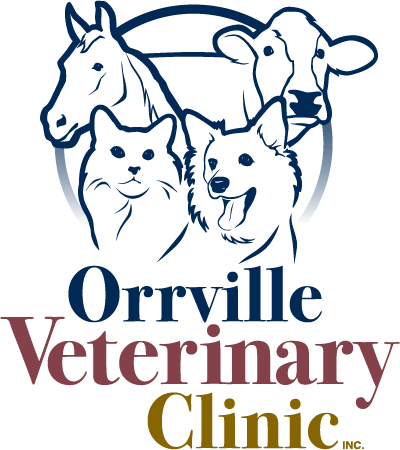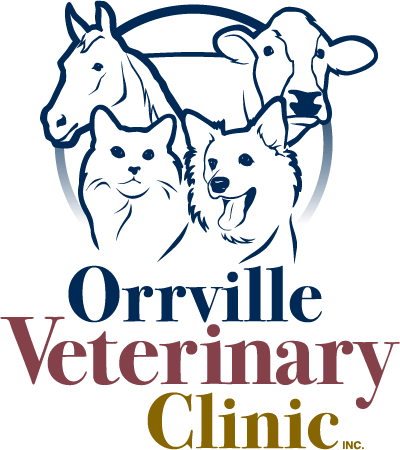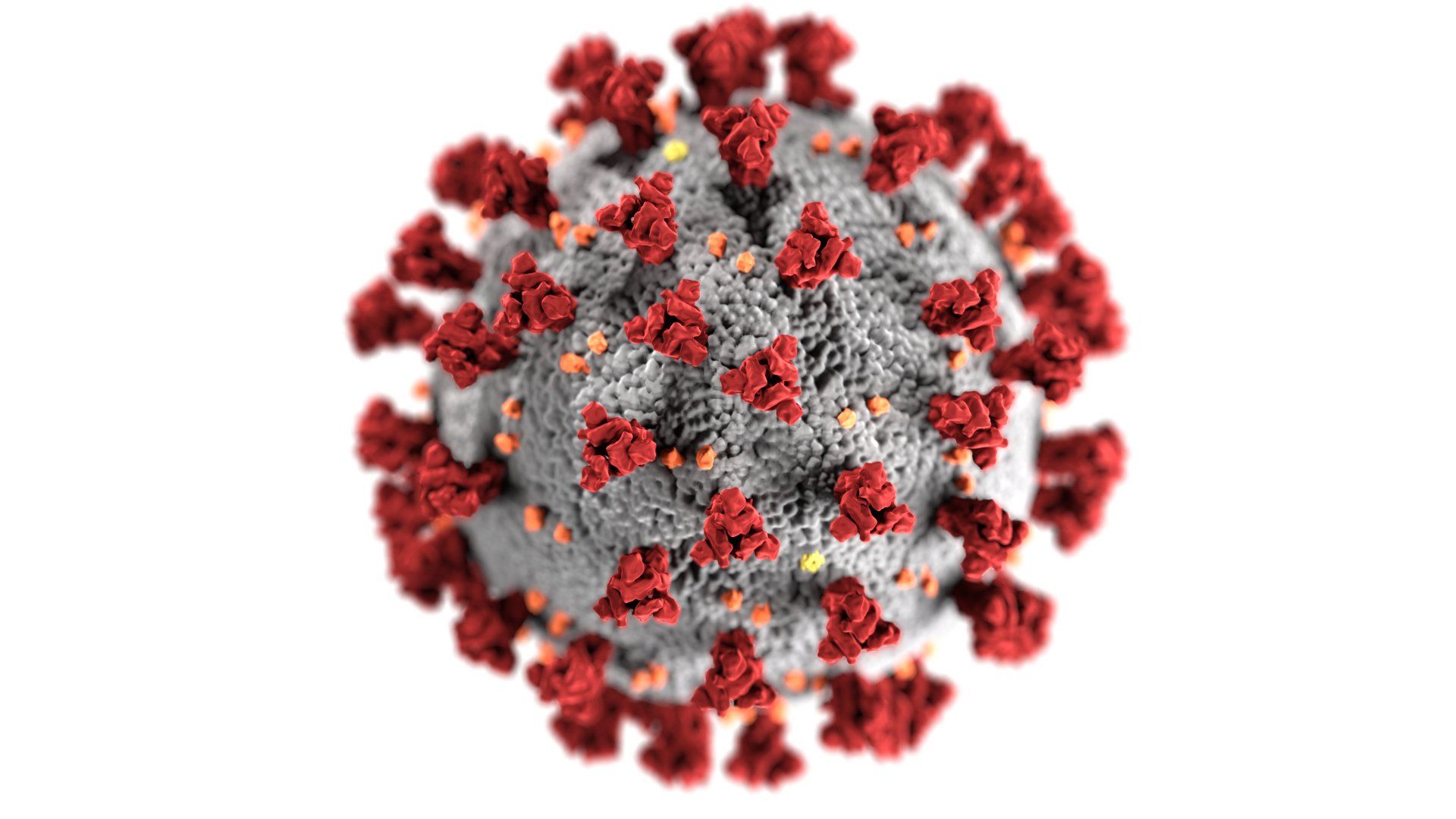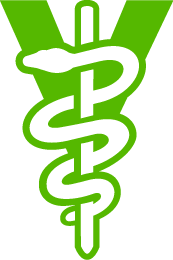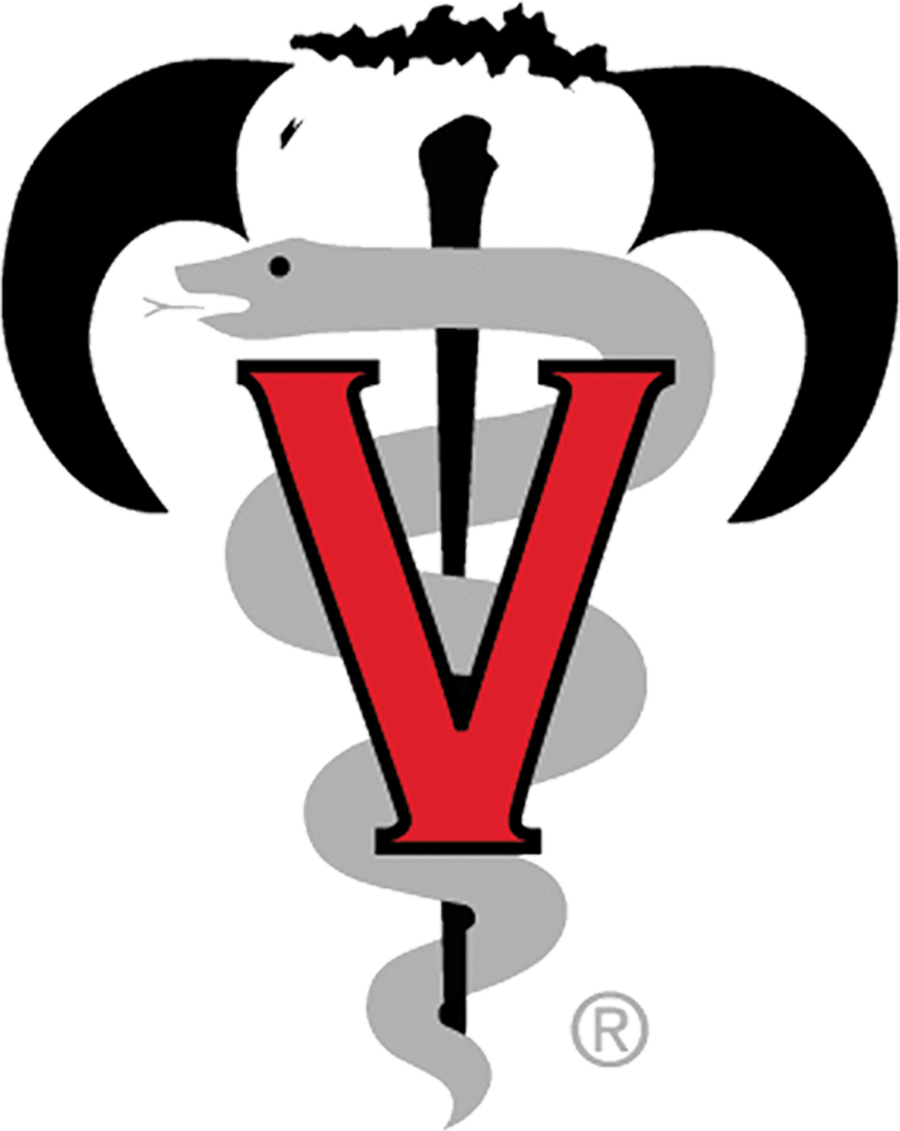Hookworms
Hookworms are one of many types of intestinal parasites that your dog or cat can contract. These worms are in the category of nematodes, a classification of worms. The scientific name of the main dog hookworm is Ancyclostoma caninum. The main hookworm of cats is called Ancyclostoma tubaeforma. There are two others that affect both dogs and cats: Ancyclostoma braziliense and Uncinaria stenocephala.
Okay, so enough of the big terms. Here is what you need to know about hookworms:
- Hookworms affect the majority of newborn puppies and kittens, as the larva is spread through the mother's first milk.
- Hookworms can be deadly, as the sap energy and red blood cells from these young animals.
- Hookworms grow into their adult stage very quickly, within two weeks. This makes it the fastest maturing parasite that we encounter in our two most common family pets.
- Hookworms can also be contracted through the skin, as one of the smaller forms (called larva) can penetrate the skin when an animal comes into contact with infested soil.
- Hookworms can cause various clinical signs, ranging from a mild cough to sudden death.
- Hookworms attach to the lining of the small intestine, causing blood loss. This blood loss can be severe, leading to life-threatening anemia levels.
- Hookworm larva can migrate throughout the body, particularly to the lungs. This means that a mild cough is an additional clinical sign that may be seen in infected dogs.
The good news is that hookworms are easily treated. We recommend standard deworming of puppies and kittens starting at 2 weeks of age. The mother should also be dewormed along with the newborns. The dewormer should be given every two weeks of age until and appropriate preventive can be given.
Hookworms are also easily prevented through the use of a monthly heartworm and intestinal parasite product. There are many out there, including Trifexis , Proheart 6, Iverhart Max, Revolution (cats only), and many others. These monthly products do not actually prevent the hookworms from getting into your pets, but rather kill the adults off. This leads to lower numbers of worms, eventually eliminating them altogether.
By Jeff Fink D.V.M.
Orrville Veterinary Clinic
1665 N. Main Street
Orrville, Ohio 44667
(330)682-2971

